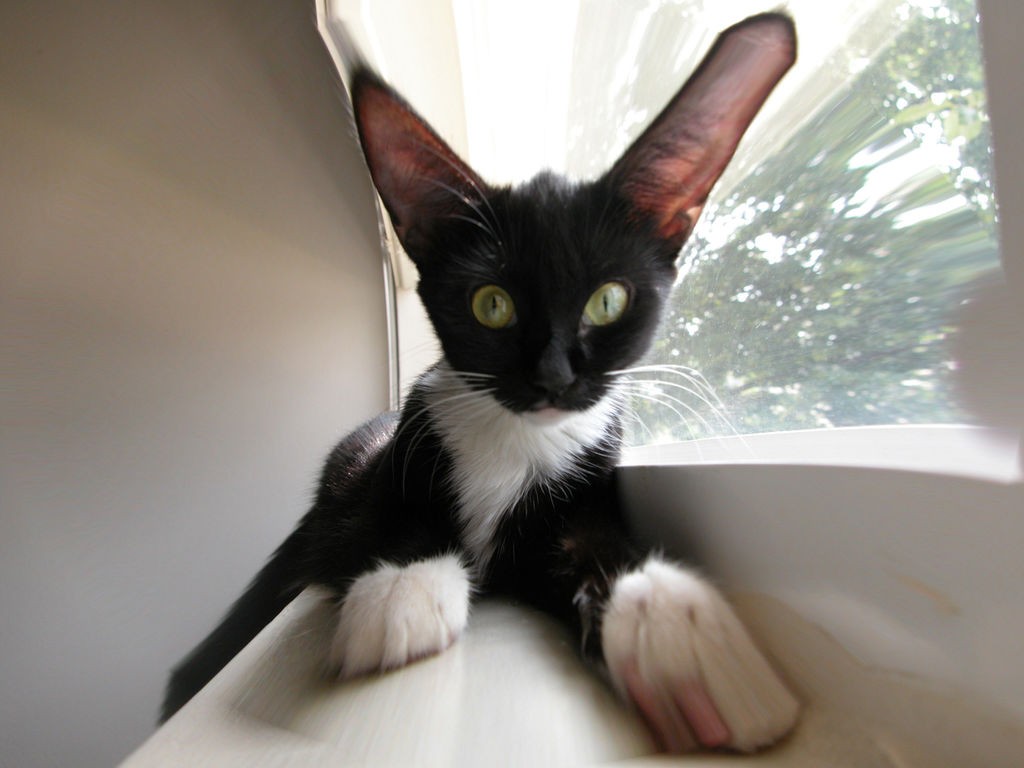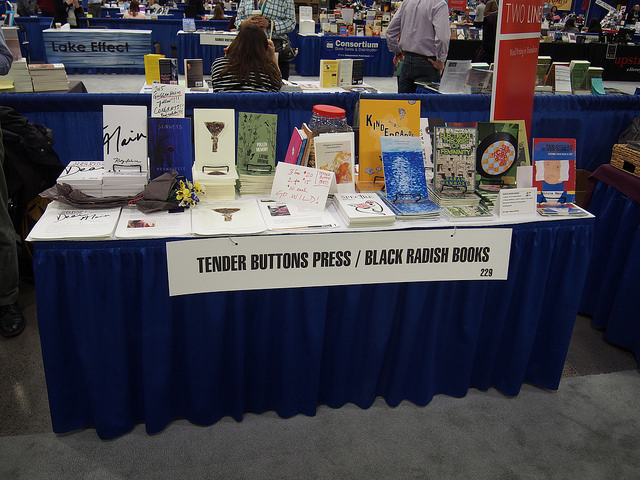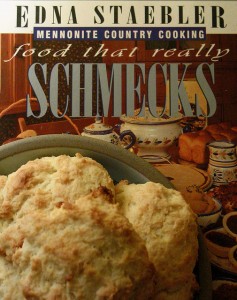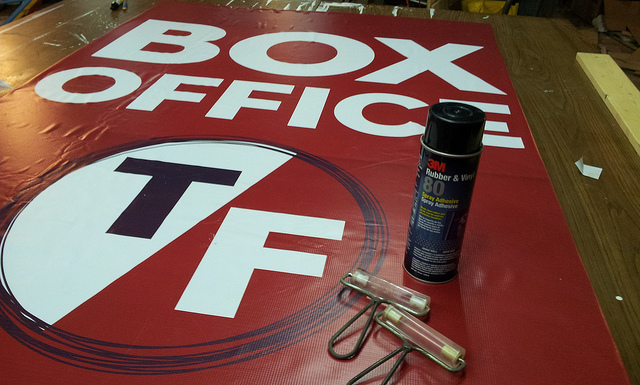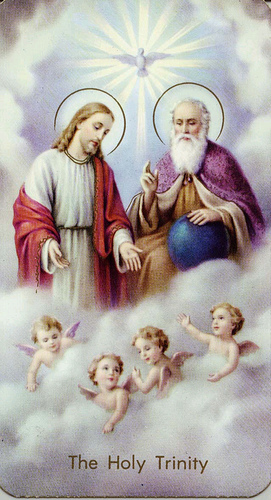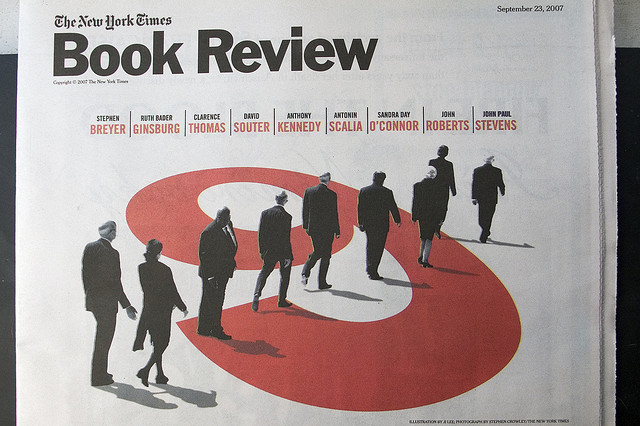
I’ve written a lot of book reviews and I’ve read a lot of them too. Book reviews are an important way of engaging with and serving the larger literary community. They are a way of building contacts and establishing your authority. If you are a writer and haven’t yet written a book review, you will doubtless be approached to do so before long.
Book reviews can be tricky for all kinds of reasons. Here are a few guiding principles I’ve come up with to help those just starting out:
1) First and most obvious task: give the reader a sense of what this book is about. The reader needs a summary and portrait of what this object you have engaged with looks like. This needs to be done with a light hand and, as far as possible, with zippy and precise language: quote a bit, but not too much. Usually three good quotes total are enough for a 1200-word review.
A good book reviewer tries to see what an author is striving with for a text, so in your summary, you might want to suggest what that is. This establishes that you’ve spent enough time with the book to talk about it fairly and that you’ve thought of it as a whole. It’s a good idea not only to discuss argument (if you’re reviewing this kind of nonfiction) or plot, but also style, structure, the use of dialogue, or anything else that seems integral and important to the text.
Do not waste time critiquing cover images or drawing attention to elements like an author’s photo, unless you’re trying to make a kind and generous joke. Even so, this is risky, and you must assume that risk of you go that route. Any negative attention to details like these makes a reviewer seem petty, lazy, and unaware of how publishing works (i.e., that writers often have no say on issues like cover images).
Of course, a summary is not a review. Your reader wants to know whether she should read this book. How does it succeed? Where does it falter? What other books does it dialogue with? These elements come next.
2) Establish your credentials as a reviewer, but by doing what you do well; not by telling your reader why they should be impressed with you. This is tricky and you need to be subtle. You do not want to pull out your PhD credentials or your many publishing credits. You must not make the review about you or how smart you are. A book review is not an academic paper – we don’t need to see you apply Deleuze and Guattari or offer up a Freudian interpretation of the text. That’s not establishing your credentials. That’s showing off.
You establish your credentials as a reviewer by displaying thoughtfulness. You display thoughtfulness by taking a writer’s work seriously, by asking good questions and by demonstrating an understanding of the context in which this book operates. You may, for example, want to compare it, though using a light touch, with other titles. Again: this is not an opportunity to show off how well-read you are.
3) A book review should be about the book in question. This may sound obvious, but you’d be surprised. One sure sign of an ungenerous review is when a review ceases to be about the book and becomes a gleeful takedown of an author. It’s really easy to write a mean-spirited review: that’s why the Internet is full of trolls. It’s far more difficult to engage intelligently with a text, especially one that a reviewer might find challenging, for whatever reason.
4) Evaluate the book fairly for what it is. This is related to the idea of trying to see what an author is trying to do. Evaluate the book for what it is, not for what you wish it were. An all too common sin, in my opinion, is criticizing a book for not being the book the reviewer would have written (yet another way of making a review about the reviewer).
Beware of reviewing books according to intellectually dubious criteria. A common example is outlined in an essay by Charles Baxter called “Owl Criticism.” This line of reviewing goes something like this: This book is about owls. I don’t like owls. Therefore this is a bad book. If you can’t review a book about owls fairly, don’t agree to write the review.
5) Engage the reader on a writerly level. You are a writer, so use your skills. Reviews can be entertaining and smart. They need not be fawning: you may write a critical review, but do so using your full intellect, your linguistic talents, and a spirit of inquiry.
6) This one’s counter-intuitive, but I find it helpful in getting myself out of jams when writing book reviews: admit your blind spots & shortcomings, if only to yourself. This will help you be both more generous and more rigorous. It will also help you avoid the pitfall of writing “Owl Criticism.”
You may find yourself reviewing a book you have no interest in reading. This has happened to me on more than one occasion. Most recently, I agreed to review a book of short stories (I’m a writer of creative nonfiction currently completely consumed by questions about her genre – what was I thinking?…) When this happens, I ask myself: how are my own shortcomings blinding me? Is it possible that this book of short fictions has something to offer a person who loves the form? How has this book succeeded in ways that I’ve perhaps been unwilling to entertain because of my generic preferences? What has the experience of contemplating this book nonetheless taught me about reading or writing? What kind of reader would find this book useful and on what grounds might I be able to recommend it? Finally, what shortcomings would the ideal reader for this book nevertheless discover?
If you’ve asked enough questions of yourself as well as the book you’ve been charged with reviewing and the text still comes up short on redeeming qualities, then perhaps you’ve earned the right to pan it. But here’s what I said to my students on this issue: Just remember that one day, your book too – if you are very lucky – will be reviewed by peers, and karma, as they say, can be a bitch.
How we engage with each other’s work sets a tone for our literary culture. If we want our work to be read with care and attention, then perhaps the best argument for such behavior is to read the work of others in the same way.
Happy reviewing.
[Photo: litherland; illustration by Ji Lee for the NYT Book Review]

